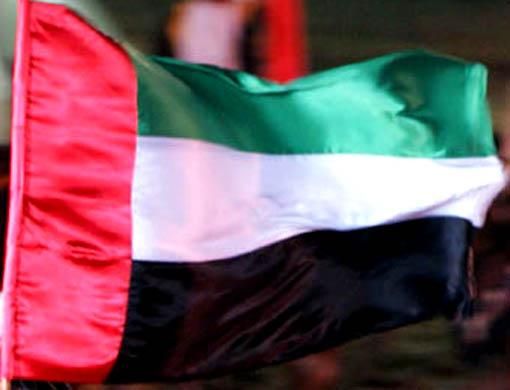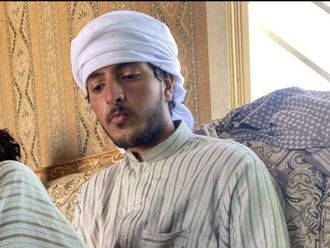The Federal National Council (FNC) is the UAE's advisory council, formed under the Provisional Constitution of the United Arab Emirates in 1971 as a permanent component of the country's governing structure, which also includes the Supreme Council, President, Cabinet and Judiciary.
The council is composed of 40 members — eight from Abu Dhabi and Dubai; six from Sharjah and Ras Al Khaimah; and four from Ajman, Umm Al Quwain and Fujairah.
Twenty members will now be elected by the 6,689 members of the Electoral College. The other 20 will be nominated by their respective emirates.
Attended by the Rulers of each emirate and Cabinet members, the first session of the FNC was inaugurated by the late President Shaikh Zayed Bin Sultan Al Nahyan on February 13, 1972. The Council has so far completed 13 legislative chapters.
Over the last 34 years, the FNC has discussed hundreds of issues and draft laws concerning the people and economy of the country. According to the Constitution, federal draft laws first have to pass through the FNC for review and recommendations.
Draft laws and amendments formed with help of specialised house committees are presented to the Council for discussion and later sent back to the Cabinet for consideration and approval.
Throughout its history, the Council has influenced the Federal Government to draft laws. Original draft laws from the Cabinet were amended by the Council to suit the needs of the citizens which they represent.
The FNC is also seen as a forum where members are able to question ministers. Cabinet members are often grilled over issues of concern by members during debates.
The history of the Council also shows that the majority of its recommendations and amendments have been adopted and included in laws by the government.
An important element of the council is its specialised house committees, which examine draft laws and new rules.
The Council also has several technical research and information collecting units at its directorate to help the legislative body perform its duties.
In March 2000, the Council established the Department of Research and Study to delve closer into social and political issues.
The FNC is a member of the International Parliamentary Union (IPU) as well as the Arab Parliamentary Union (APU).
How will the FNC elections work?
The United Arab Emirates will hold elections this month, the first since the federation of seven Gulf emirates was established in 1971.
- The elections are for half of the 40-member FNC, an advisory body that has no legislative or oversight powers. The other half will be appointed by the rulers of the seven emirates.
- Not all UAE nationals are allowed to vote or run for office. Only 6,689 out of some 800,000 Emiratis in the country of over 4 million people are eligible to take part. Those eligible were chosen by the rulers of the emirates.
- Women are allowed to vote and run for office but there is no quota to ensure a set number of women get elected as there is in some other Arab countries. Over 14 percent of candidates are women.
- Election officials are billing the polls as a trial run they hope will pave the way for universal suffrage in the coming years. Even then, however, only half of the FNC will be elected.
- The UAE is a U.S.-ally that includes the booming trade hub of Dubai. It is the only Gulf Arab state with no elected political bodies. Though still ruled by dynasties, all its Gulf neighbours have held parliamentary or municipal polls.
- The UAE elections take place on three days:
December 16 in the capital Abu Dhabi and in Fujairah.
December 18 in Dubai and Ras Al Khaimah
December 20 in Sharjah, Umm Al Quwain and Ajman.
Four members each will be elected from Abu Dhabi and Dubai, three each from Sharjah and Ras Al Khaimah and two each from Fujairah, Umm Al Quwain and Ajman.













